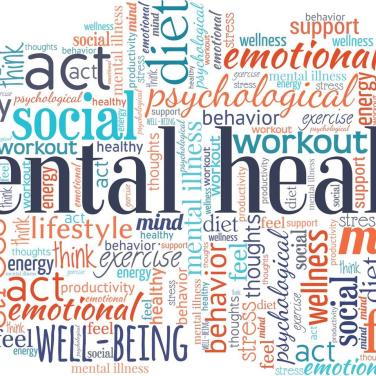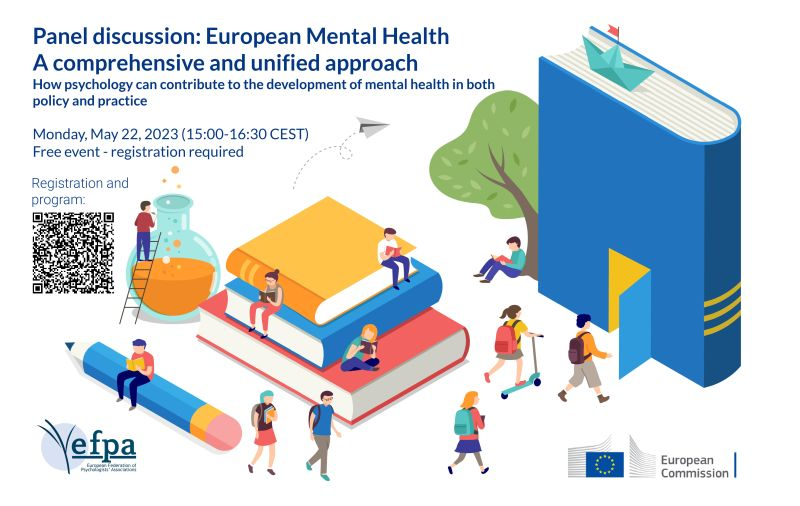Mental Health in Europe
Since its inception, EFPA has actively engaged in mental health advocacy throughout Europe and alongside our international collaborators. EFPA welcomes the recognition of the importance of ensuring that EU and national policies proactively promote good mental health, as well as work to prevent, mitigate, and respond to mental health challenges.





